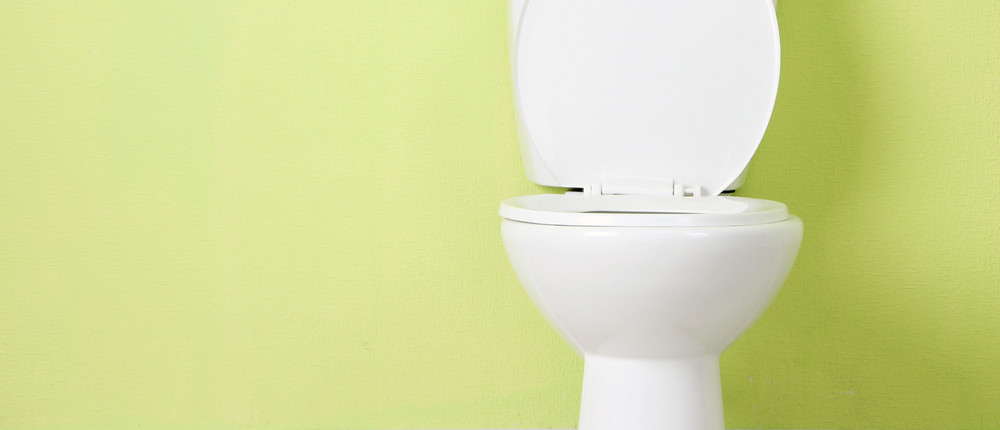A Traditional Chinese Medicine Perspective on Irritable Bowel Syndrome
Irritable Bowel Syndrome (IBS) is an intestinal disorder causing a variety of symptoms which may include cramping, abdominal pain, gas, bloating, and irregular bowels.
Registered acupuncturist, Chinese Medicine Practitioner and Chinese Herbalist from Diamond Bridge Clinic, David Tu, said some people with IBS have diarrhea with frequent loose stools, while others have constipation causing infrequent bowel movements that are difficult to pass. Even still other people with IBS will suffer from alternating diarrhea and constipation.
“Traditional Chinese Medicine (TCM) is a holistic medical system which combines the use of acupuncture, Chinese Herbs, nutrition, massage, and movement exercises (known as Tai Chi or Qi Gong) to bring the body into balance.”
“The fundamental TCM theory used to determine the pattern of disharmony is the theory of Yin and Yang. Yin and Yang are terms used to describe two polar opposites. Each body part, each organ, and even each symptom in the body can be described in terms of Yin and Yang. Levels of Yin and levels of Yang are constantly changing in the body, and there are four possible states of imbalance: Excess of Yin, Excess of Yang, Deficiency of Yin and Deficiency of Yang.”
“However, excesses and deficiencies of Yin and Yang almost always appear in combination. For example, in Irritable Bowel Syndrome, the symptom of loose stools shows an excess of Yin; but if the patient feels a burning sensation along with the loose stools, this indicates an additional excess of Yang.”
Whereas Western Medicine focuses at a symptom and tries to find an underlying cause, Traditional Chinese Medicine looks at the body as a whole. Each symptom is looked at in relationship to all other presenting symptoms.
“Irritable Bowel Syndrome affects the large and small intestines in Western Medicine, but in Chinese medicine, the Spleen, Liver, and Large Intestine can all play a role in the pattern of disharmony,” David Tu said.
“There are several common patterns of disharmony in IBS: Spleen Qi deficiency, Spleen Distressed by Dampness, Excess Cold in the Spleen, Spleen and Kidney Yang deficiency, Liver Qi stagnation, Liver/Spleen disharmony and damp-heat in the Large Intestine”.
“The patterns of disharmony mentioned above may even appear in combination and treatment must be adjusted appropriately. In any severe case of IBS, TCM will be customised for the individual, and classical herbal formulae will be modified for the patient”.
David Tu said the goal of our seven TCM practitioners of Diamond Bridge Clinic is to access the entire constitution of the patient, considering both phycological and physiological aspects.
“Our practitioners first observe the general characteristics of the patient, and then tries to discern a relationship between symptoms in order to establish what is called a “pattern of disharmony”. Treatment is aimed at restoring harmony and bringing the body into balance”.
Many different conditions have been identified as suitable for treatment with acupuncture, including several that pertain directly to IBS: abdominal pain, muscle cramping, constipation, and diarrhea. In addition, acupuncture has also been deemed effective as a means of stress reduction as well as at addressing related problems that are often triggers for IBS symptoms, such as: anxiety, insomnia, nervousness, menstrual cramps, and premenstrual syndrome.
David Tu graduated from Top Medical University in China, who is a registered acupuncturist, Chinese Medicine Practitioner and Chinese Herbalist with 30 years experience. He is also one of the first TCM Practitioner on the Gold Coast from Mainland China.
For more information please contact Diamond Bridge Clinic at one of our branches listed below:


